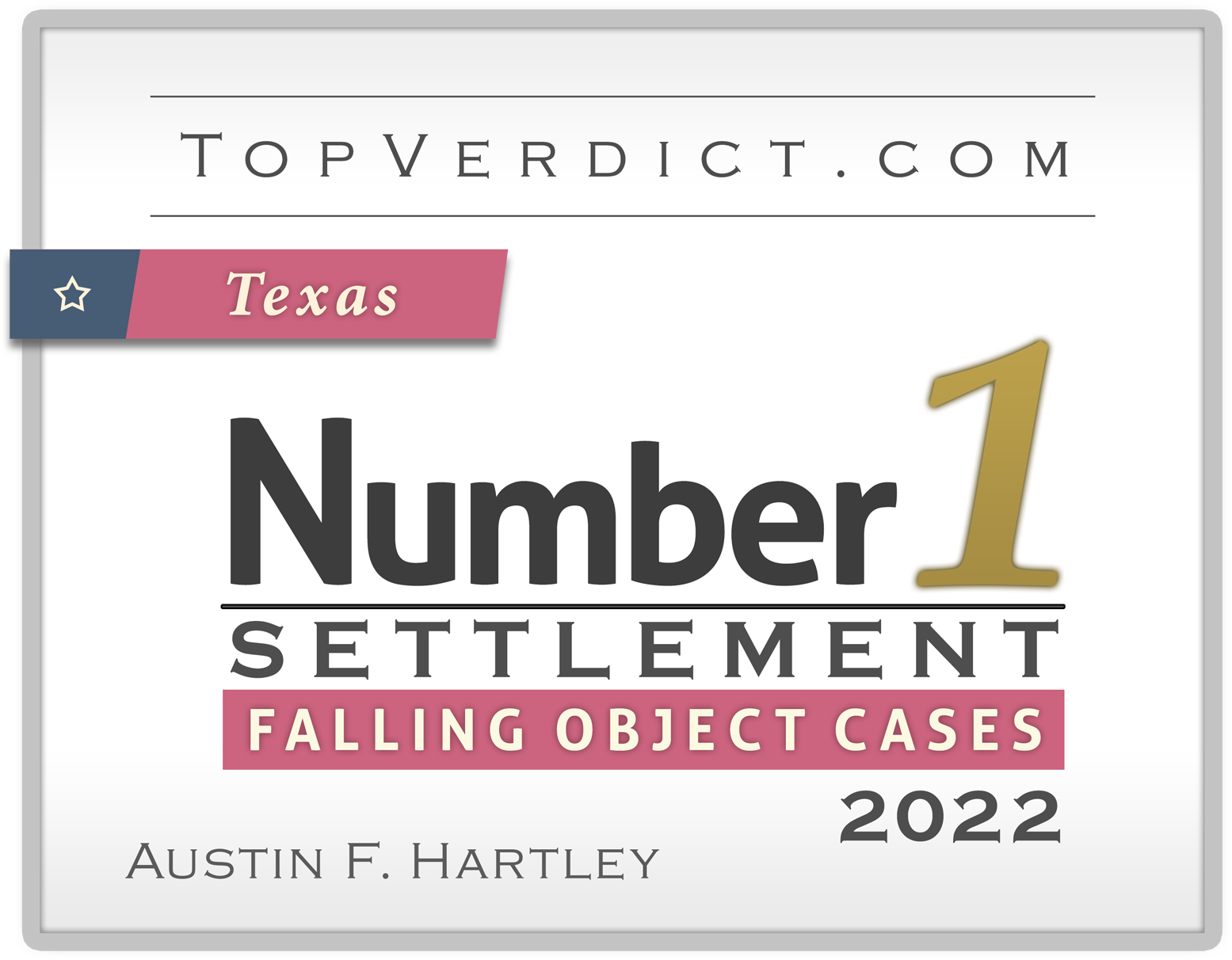What Is a Diminished Value Claim in Texas?

Hartley Law is a Dallas area personal injury firm that specializes in car accident injury cases. In some cases, there are grounds to file a diminished value claim for the possible loss of value to your vehicle. Below is helpful information regarding the steps to take to file a diminished value claim as an individual. While Hartley Law can help with filing a claim, we can only do so as part of an accident injury case. If you have been injured in a car or truck accident, contact Hartley Law today to get the help that you need.
A diminished value claim is a demand for the lost market value of your vehicle after an accident. In other words, the difference between the pre-accident value of your car and its post-accident value. With a diminished value claim, you are looking for compensation you will lose when selling the vehicle because of the damage done in the collision. Diminished value claims can be challenging to prove and are often heavily defended by insurance companies. However, they are not impossible, and with the right advocate by your side, your diminished value claim can be successful. After being in an accident, you shouldn’t have to worry about the stress of bodily injury along with losing money when you sell your car. The experienced team at Hartley Law can examine your accident injury case and determine if there is also grounds for a diminished value claim. Contact us today to examine your case!
Pursuing a Texas Diminished Value Claim
The Texas Department of Insurance (TDI) does not require motorists to carry insurance to cover diminished value, so most car insurance policies do not offer this protection. However, you can still pursue a diminished value claim if you are in an accident that leaves your car with significant damage.
You and your car insurance carrier can negotiate a settlement, including the estimated cost of your vehicle’s diminished value. In Texas, you must only carry a minimum of $25,000 worth of coverage for property damage. If the damage exceeds that, it is possible to claim diminished value compensation under your policy’s underinsured motorist coverage. If the car wreck was not your fault, you can seek diminished value from the at-fault driver’s insurance company. If the other driver caused the wreck through negligence or carelessness, which led to your vehicle’s reduced value, you can file a claim for that lost value.
How to File a Diminished Value Claim in Texas?
Filing a diminished value claim is a must, like filing any other claim for compensation following an accident. Under Texas law, you generally have two years from the accident date to file a diminished value claim against the at-fault driver’s insurance company. This is typically a third-party claim because you are not filing it with your insurance carrier but rather the other driver’s policy.
In Texas, to file a diminished value claim:
- You must own the vehicle or be financing it (i.e., making payments); it cannot be leased,
- You must not be at fault for the accident,
- The car must not have been in any other accidents,
- The vehicle must have lost resale value,
- There must be a specific lost value amount (i.e., a certain dollar amount),
- The insurance company must allow a diminished value claim, and
- The other driver must be at fault for the accident and not have enough coverage to cover the cost of the diminished value.
You cannot just simply claim your car’s lost value. Instead, you need documentation and supporting evidence. Following an accident, you should have the vehicle repaired and keep all records of estimates, expenses, and receipts from the mechanic, autobody center, or repair company. Once the repairs are complete, you must have the car assessed and an estimate completed illustrating the car’s diminished value.
Having more than one estimate bolsters your claim is also a good idea. Multiple estimates allow the insurance company to calculate an average among them. It also strengthens your claim if multiple estimates are within the same general monetary range.
Texas Modified Comparative Fault System
Texas is a modified comparative fault state, which means that a victim’s recovery is reduced by their percentage of fault, and if a person is more than 50% responsible for an accident, they are barred from recovering anything. If the insurance company believes you are partially at fault for the accident, it can affect your potential diminished value claim by either reducing it or denying it altogether.
Texas Diminished Value Attorneys
At Hartley Law, we ensure that you receive adequate compensation for your injuries and fair reimbursement for your lost property value. In 2021, we were named Litigator of the Year by the American Institute of Trial Lawyers. We are not afraid to negotiate or bring your claim to litigation if necessary. Contact us today to discuss your options at a free, no-obligation consultation.








